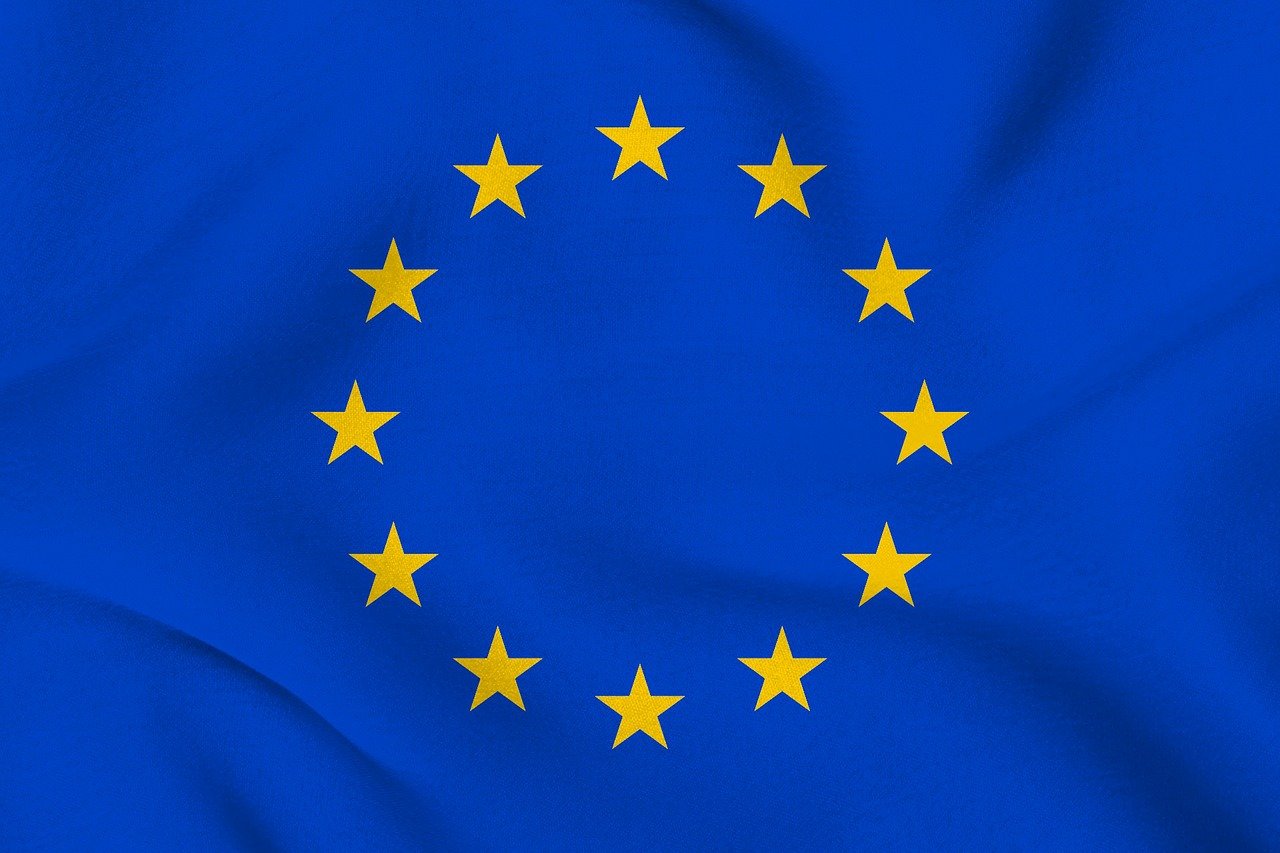New EU Guidelines Demand Strict Compliance from Crypto and Payment Providers
15.11.2024 20:00 1 min. read Kosta Gushterov
The European Banking Authority (EBA) has unveiled a set of guidelines aimed at ensuring that payment service providers (PSPs) and crypto-asset service providers (CASPs) comply with EU and national sanctions when facilitating fund or crypto transfers.
Released on November 14, these guidelines outline the necessary steps for these providers to align with the EU’s restrictive measures regimes, which are designed to prevent financial activities that may undermine the EU’s political and economic interests.
The EBA emphasizes the need for PSPs and CASPs to implement robust screening systems to detect and prevent any transfers that might violate these sanctions.
The guidelines stress that weaknesses in internal policies, controls, and procedures could lead to significant legal and reputational risks, as well as the potential circumvention of EU sanctions. Such failures could disrupt the EU’s financial stability and erode the effectiveness of these restrictive measures.
The guidelines will take effect on December 30, 2025, as part of broader EU reforms introduced in 2021 to improve the Anti-Money Laundering (AML) and Countering the Financing of Terrorism (CFT) framework.
These rules, which include new regulations on fund and crypto transfers, were adopted on June 9, 2023, and mandate the EBA to help financial institutions adhere to the new standards.
-
1
Gemini Launches Tokenized MicroStrategy Stock for EU Users
28.06.2025 9:30 2 min. read -
2
Here is When the U.S. House Will Vote on Key Crypto Bills
04.07.2025 12:00 2 min. read -
3
U.S. Crypto Investors Hit by IRS Letter Surge as Tax Crackdown Looms
29.06.2025 11:00 3 min. read -
4
Ripple Drops Cross-Appeal, Moves to End SEC Case “Once and for All”
28.06.2025 12:30 2 min. read -
5
Europe’s Largest Euro-Denominated Spot Crypto Exchange Secures License Under MiCA
29.06.2025 12:00 2 min. read
Senate Confirms Crypto-Linked Nominee Jonathan Gould to Head OCC
The U.S. Senate has confirmed Jonathan Gould as the next head of the Office of the Comptroller of the Currency (OCC), moving his nomination to President Donald Trump for final approval.
Australia Tests CBDCs in 24 Separate Real-World Finance Use Cases
Australia is stepping up its digital currency efforts with the next phase of Project Acacia, a pilot focused on testing central bank digital currency (CBDC) and tokenized finance in real-world applications.
U.S. Treasury Eliminates Crypto Reporting Rule Targeting Decentralized Exchanges
According to Bloomberg the U.S. Treasury Department has officially eliminated a controversial crypto reporting requirement that targeted decentralized exchanges.
U.S. Lawmakers Target El Salvador With Crypto Sanctions Plan
Three Democratic senators—Chris Van Hollen, Tim Kaine, and Alex Padilla—unveiled a bill aiming to penalize El Salvador’s President Nayib Bukele and his allies.
-
1
Gemini Launches Tokenized MicroStrategy Stock for EU Users
28.06.2025 9:30 2 min. read -
2
Here is When the U.S. House Will Vote on Key Crypto Bills
04.07.2025 12:00 2 min. read -
3
U.S. Crypto Investors Hit by IRS Letter Surge as Tax Crackdown Looms
29.06.2025 11:00 3 min. read -
4
Ripple Drops Cross-Appeal, Moves to End SEC Case “Once and for All”
28.06.2025 12:30 2 min. read -
5
Europe’s Largest Euro-Denominated Spot Crypto Exchange Secures License Under MiCA
29.06.2025 12:00 2 min. read


